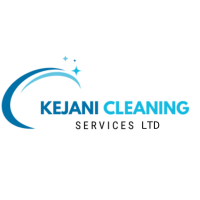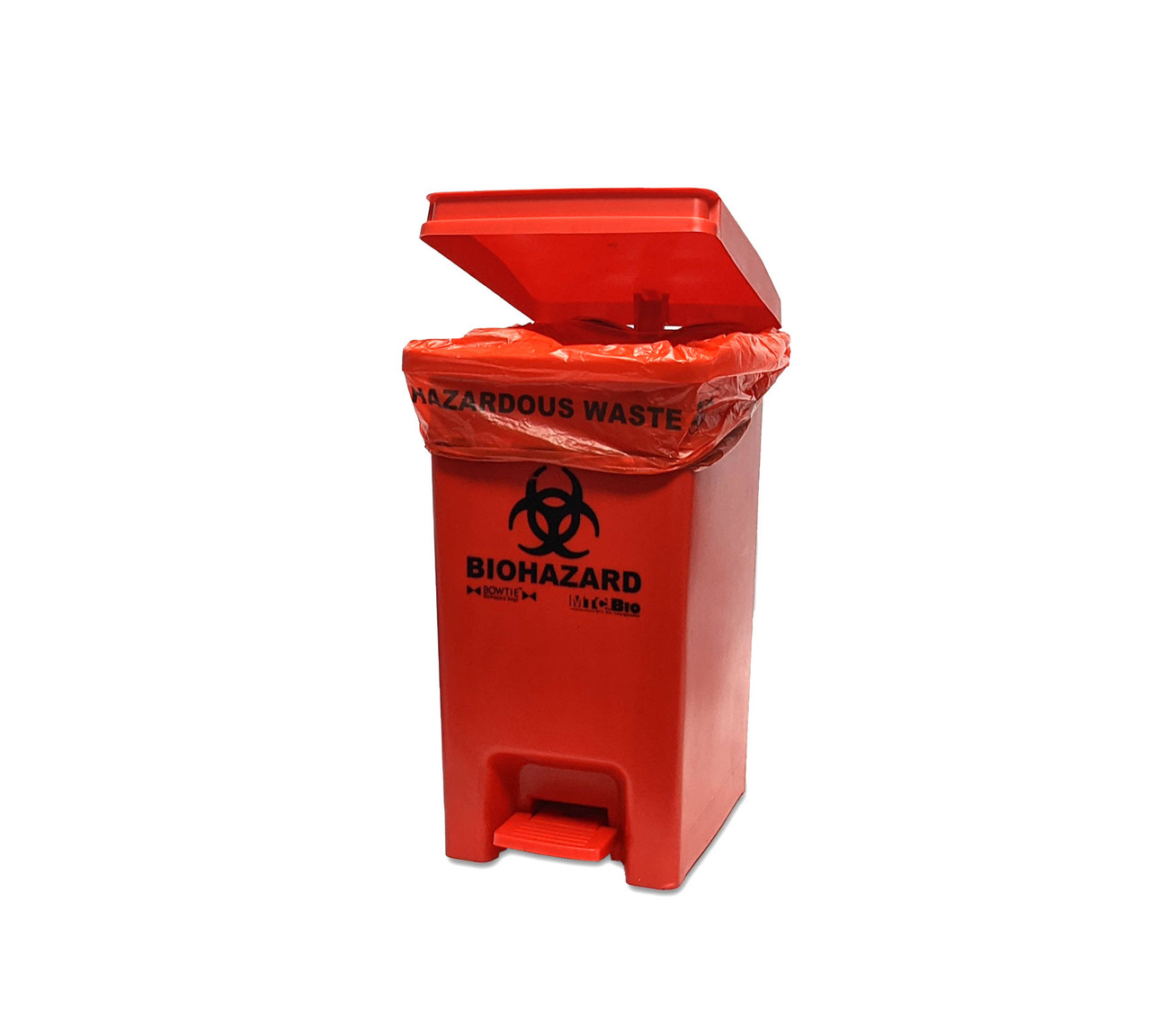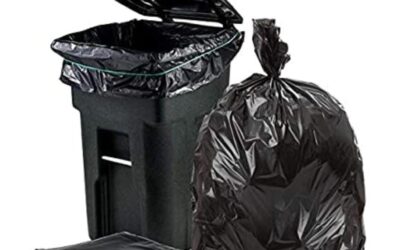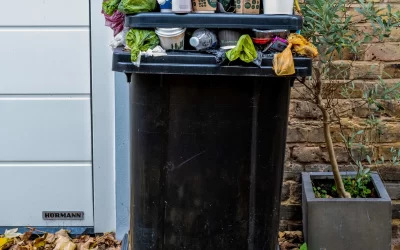Solid waste management is more than just collecting trash — it’s about safeguarding public health, protecting the environment, and enhancing the quality of life in communities. In Kenya, with rapid urbanization and population growth, the need for structured, sustainable waste handling is more urgent than ever.
In this post, we break down the 10 key reasons why solid waste management is important, especially in the Kenyan context.
1. Protects Public Health
Improper waste disposal leads to the spread of diseases such as cholera, typhoid, malaria, and respiratory infections. Open dumps attract flies, mosquitoes, and rodents which serve as disease vectors.
Why It Matters:
In many informal settlements across Nairobi and Mombasa, uncollected waste is a direct health hazard. Solid waste management eliminates these risks by ensuring proper collection, segregation, and disposal.
2. Reduces Environmental Pollution
Unmanaged solid waste contributes to:
-
Soil contamination through leachate
-
Air pollution from burning waste
-
Water pollution from illegal dumping into rivers
Proper solid waste systems reduce these environmental impacts by encouraging recycling, responsible disposal, and sustainable landfill practices.
3. Promotes Recycling and Resource Recovery
Effective solid waste management enables sorting and recovering valuable materials such as:
-
Plastics
-
Metals
-
Glass
-
Organic compost
Impact in Kenya:
Organizations like Kejani Cleaning Services Limited help commercial clients and households to separate waste at the source, making recycling easier and more effective.
4. Boosts Economic Growth and Job Creation
The waste management industry creates thousands of formal and informal jobs — from waste pickers and collectors to recycling companies and compost producers.
In Kenya:
Recycling firms, biodigester manufacturers, and waste collection startups are growing fast, offering employment and entrepreneurship opportunities.
5. Prevents Blocked Drainage and Urban Flooding
Improper waste disposal often leads to blocked drainages, especially during rainy seasons. Plastics, wrappers, and debris choke sewer systems, causing floods.
Cities like Nairobi suffer frequent flash floods, partly due to poor solid waste handling. Proper waste bins and regular collection can help prevent this.
6. Improves Aesthetic Appeal of Communities
Clean streets, parks, and markets improve community morale, attract investment, and support tourism. Garbage piles reduce property values and deter customers from businesses.
Kejani’s role:
We provide regular waste pickup services and waste bins for offices, apartments, and public areas to support cleaner, more attractive environments.
7. Supports Public Institutions and Urban Planning
Hospitals, schools, and local governments need structured waste systems to comply with health standards and environmental regulations.
For example:
-
Color-coded bins for schools
-
Medical waste bins for clinics
-
Commercial trash bins with lids and wheels for businesses
Kejani Cleaning Services supplies and supports institutions with compliant waste solutions.
8. Reduces Greenhouse Gas Emissions
Organic waste in landfills releases methane — a potent greenhouse gas. Managing solid waste through composting and recycling helps reduce these emissions.
Climate Impact:
Waste-to-energy solutions, like biodigesters and anaerobic digesters, also help reduce carbon footprints in urban areas.
9. Promotes Public Awareness and Behavior Change
A structured waste management system promotes education and changes attitudes about consumption, littering, and recycling.
At Kejani, we advocate for waste awareness in schools, offices, and residential areas through training, signage, and color-coded segregation systems.
10. Aligns with Kenya’s Vision 2030 and SDGs
Solid waste management aligns with:
-
UN Sustainable Development Goals (SDG 11, 12, and 13)
-
Kenya’s Vision 2030 for a clean and sustainable environment
Proper systems help municipalities meet compliance benchmarks, attract funding, and build global partnerships.
Conclusion
Solid waste management is not just a civic duty — it’s a pathway to health, sustainability, and development. From reducing disease to creating jobs, its benefits are far-reaching.
At Kejani Cleaning Services Limited, we offer end-to-end waste management products tailored for homes, businesses, institutions, and industries. Let’s work together to build a cleaner, greener Kenya.
Contact Us Today
📞 Call now or visit our website for: waste management products
-
Waste bins and containers
-
Scheduled waste pickup
-
Medical and hazardous waste management
-
Color-coded bin systems for recycling and segregation




0 Comments